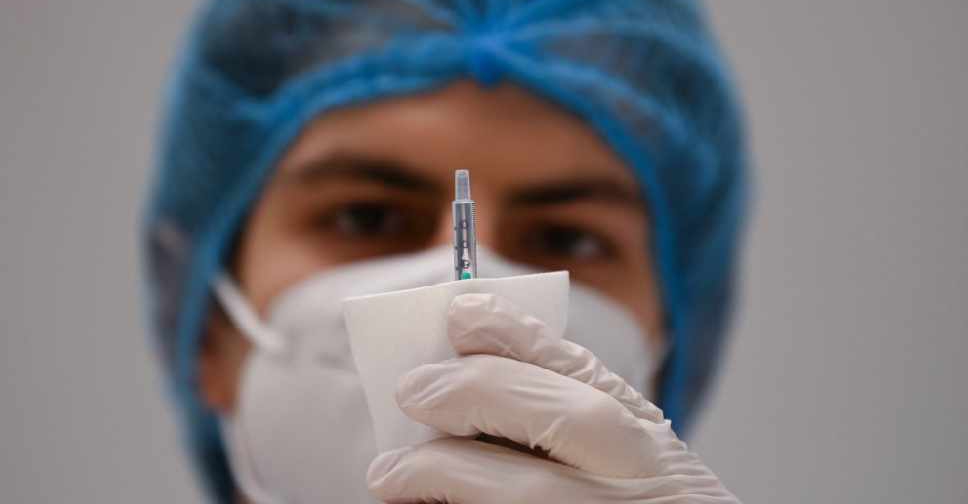
AstraZeneca Plc may have provided an incomplete view of efficacy data on its COVID-19 vaccine from a large scale US trial, a US health agency said Tuesday in a fresh setback for the shot.
The news comes just one day after interim data from the drugmaker showed better-than-expected results from the trial and casts doubt on its plan to seek US emergency use authorisation for the vaccine in the coming weeks.
The vaccine developed with Oxford University was 79 per cent effective in preventing symptomatic illness in a large trial in the United States, Chile and Peru, and, crucially, posed no increased risk of blood clots, according to the data.
The Data Safety Monitoring Board (DSMB) has "expressed concern that AstraZeneca may have included outdated information from that trial, which may have provided an incomplete view of the efficacy data," the US National Institute of Allergy and Infectious Diseases (NIAID) said in a statement.
NIAID is headed by US infectious diseases expert Anthony Fauci and is part of the National Institutes of Health.
"We urge the company to work with the DSMB to review the efficacy data and ensure the most accurate, up-to-date efficacy data be made public as quickly as possible," it said.
AstraZeneca did not immediately respond to a Reuters request for comment.
Authorisation and guidelines for use of the vaccine in the United States will be determined after thorough review of the data by independent advisory committees, the statement added.
Hailed as a milestone in the fight against the COVID-19 pandemic when it emerged as a vaccine contender last year, the AstraZeneca shot has been dogged by doubts over its efficacy, dosing regimen and possible side effects.
More than a dozen European countries, including Germany and France, halted use of the vaccine earlier this month after reports linked it to a rare blood clotting disorder in a very small number of people.
The latest trial data, which have yet to be reviewed by independent researchers, was set to give credence to the British shot after results from earlier, separate late-stage studies raised questions about the robustness of the data.
Fauci, who also serves as chief medical advisor to US President Joe Biden, said on Monday the US trial found no indication at all of the rare blood clots.
The latest data was based on 141 infections among 32,449 participants.
The shot has also been at the centre of a growing conflict between Brussels and London over so-called vaccine nationalism after a string of supply setbacks in Europe.

 UK inquiry finds 'chilling' cover-up of infected blood scandal
UK inquiry finds 'chilling' cover-up of infected blood scandal
 Iranian President Raisi killed in helicopter accident, state media says
Iranian President Raisi killed in helicopter accident, state media says
 ICC prosecutor seeks arrest warrants for Israeli, Hamas leaders
ICC prosecutor seeks arrest warrants for Israeli, Hamas leaders
 Assange given permission to appeal against US extradition
Assange given permission to appeal against US extradition
 Israel intends to broaden Rafah sweep, Defence Minister tells US
Israel intends to broaden Rafah sweep, Defence Minister tells US




